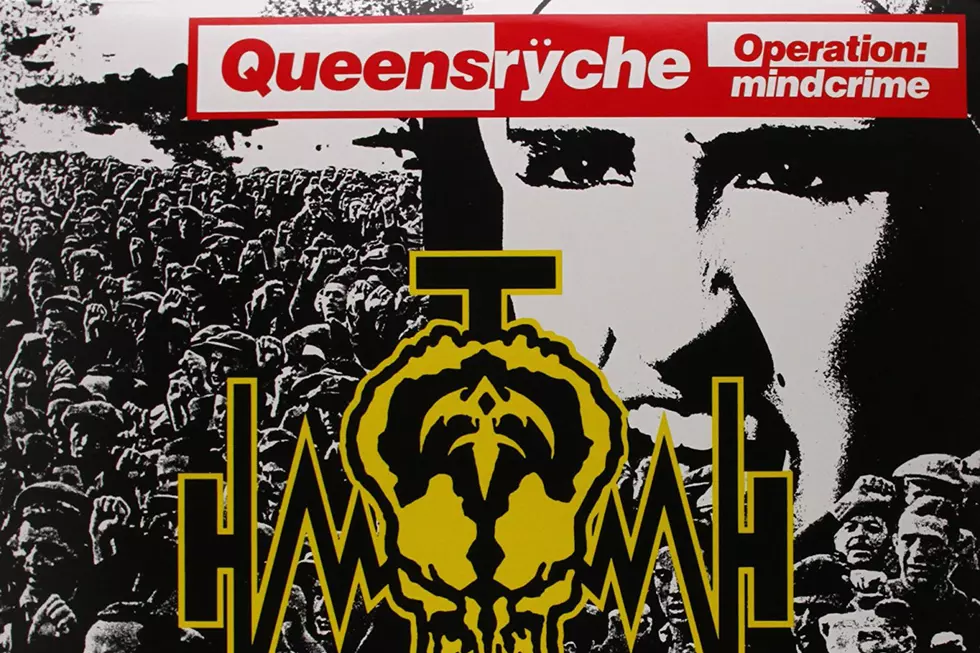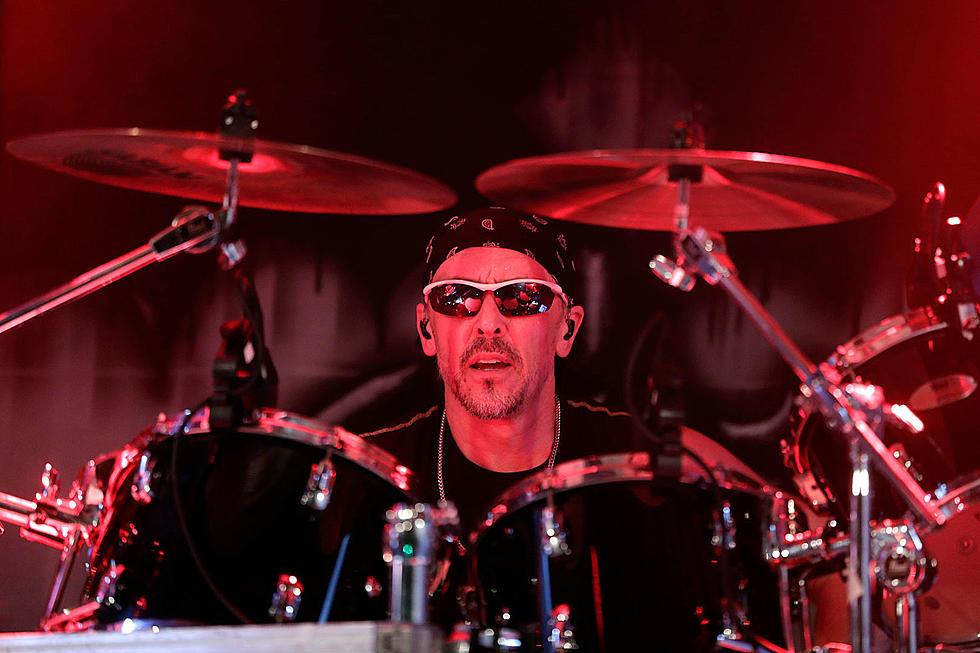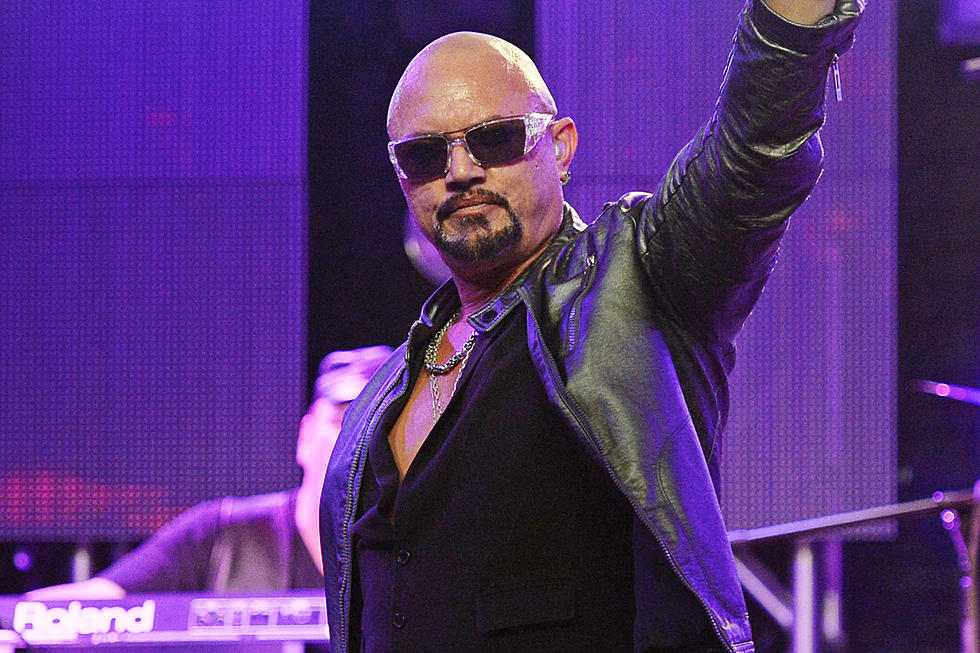25 Years Ago: Queensryche Build ‘Empire’ on Their Own Terms
After charting one of the most intriguing career evolutions in '80s metal, Seattle's Queensryche reached for the brass ring of mainstream heavy metal with their hit-laden, aptly titled Empire. And the best part is that they got to do it their way.
Indeed, so much had changed since the group's humble origins as a British-influenced castle metal proposition. Queensryche's introductory self-titled EP had in no way hinted at the ensuing progressive ambitions tentatively explored on 1984's The Warning. They then pushed beyond most fans' comprehension on 1986's Rage for Order, culminating in the decade's (and maybe all of heavy metal's) definitive concept album in 1988's Operation: Mindcrime.
As work on a fourth album began, Queensryche had mastered their songwriting capabilities and were ready to unleash a project without so much of the excess baggage associated with thematic story-telling and those art-rock pretensions. At the same time, though, Queensryche stubbornly refused to dumb down their lyrics like so many peers seeking an easy road into the Billboard charts.
Remarkably, Queensryche managed all that on their own terms, via the thought-provoking but imminent relatable subjects of the self-empowering "Best I Can," the title track's cynical commentary on the War on Drugs, and a pair of Emerald City love songs in "Jet City Woman" and "Another Rainy Night (Without You)." Another pure ballad, the surprisingly delicate, "Silent Lucidity," topped all the rest – reaching No. 9 on the pop charts, No. 1 on the Rock Charts, earning a Grammy nomination and winning an MTV Viewers Choice Award, the latter of which was arguably more prestigious than a Grammy at the time.
Beyond these hits, though, Empire's track-list wasn't quite as awe-inspiring, ranging from solid, well-balanced deeper cuts like "The Thin Line" and "Resistance" to rather routine exercises on the band's formula such as "Hand on Heart" and "One and Only." But the quintet of singer Geoff Tate, guitarists Chris Degarmo and Michael Wilton, bassist Eddie Jackson and drummer Scott Rockenfeld still kept their diehards happy all the way to the finish, via the uniquely atmospheric "Della Brown" (almost a throwback to that illustrious proggy past) and a final, cathartic cry for help in anthemic "Anybody Listening?"
In keeping, Empire had no trouble commercially eclipsing all of Queensryche's past discography, breaking into the U.S. Top 10 and shipping three million units in their homeland alone. By January of 1991, Queensryche would be performing to tens of thousands at Rock In Rio 2, before embarking on an 18-month world tour dubbed Building Empires, out of which was spawned the Operation: Livecrime release and an MTV Unplugged appearance.
Along the way, Queensryche arguably reaped every reward they could from the fading '80s music scene – of which heavy metal was such an integral part – before the flannel shroud of grunge descended on everything. A belated return with Promised Land in 1994 arrived in a much more hostile musical climate, but at least Queensryche could always look back on the Empire they had built.
See Queensryche and Other Rockers in the Top 100 Albums of the '90s
25 Interesting Rock Movie Facts
More From Ultimate Classic Rock









